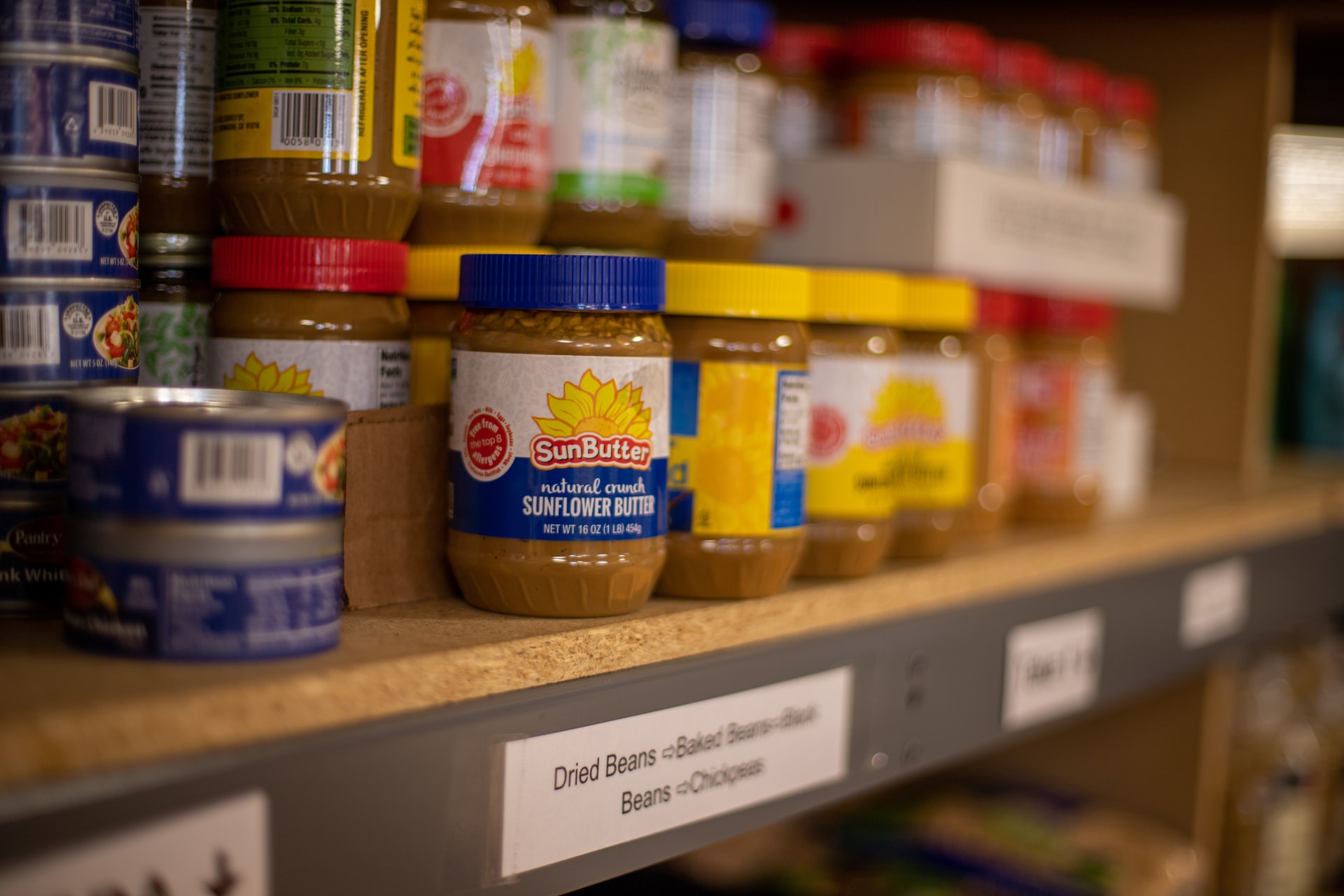Many of the most vulnerable people in society are more reliant on food banks than ever before. Last year, Toronto food banks served 1.5 million visitors. This was 50 percent more than in 2020, and 150 percent more than during the financial crisis of 2008. New clients using food banks in 2021 increased by 60 percent from the previous year.
Toronto’s first food bank, Daily Bread, was founded in 1983. It was hailed as an aid to the vulnerable. In a 1983 Toronto Star article, Rev. John Burke, then executive director of the Downtown Churchworkers’ Association, said it would serve “people teetering on the edge of emotional or economic breakdown.” The editorial concluded by saying that such “a program to feed the needy cannot but be worthwhile.”
Another opinion piece in that same newspaper edition argued that the food bank’s existence represented “a dismal failure on the part of government to make sure that Canadians have enough money to properly feed themselves.”
We need to remind ourselves that food banks are not causes for self-congratulations. They do not, and should not, need to exist.
More on Broadview:
- Berlin’s radical renter movement has lessons for Canada’s big cities
- This advocate places ghost bikes at sites where cyclists have been killed
- Gay bars are disappearing
As a start, we need to implement measures that anti-poverty advocates have been promoting for decades: governments need to stimulate the economy to create well-paying jobs; the minimum wage must be raised to enable people to live above the pov-erty line; unemployment benefits should be extended to those who are unable to find work; social assistance benefits need to be at levels that allow recipients to live dignified lives; housing for low-income people must be constructed. We need to have a frank conversation about providing a universal basic income (UBI).
The UBI is particularly appealing. As noted in a recent study by the non-partisan Canadian Centre for Economic Analysis, a relatively modest guaranteed annual income in Canada would create hundreds of thousands of jobs and lift some 3.2 million families out of poverty. And presumably, such a UBI would eliminate the need for these families to rely on food banks.
Bringing about these changes will not be easy. We see our young people more than willing to make sacrifices to mitigate the impact of global warming and to take measures to address systemic racism, homophobia, transphobia, misogyny and so on. We should strive to create a just, equitable and compassionate society in which all can live dignified lives and not worry about whether there will be enough to eat that day for themselves or their families.
We can make big changes if we have the political will to do so. Allowing poverty to persist represents political choices. For me, those choices are unacceptable. Food banks represent a failure of our system.
***
Kerry Badgley teaches Canadian history at Carleton University in Ottawa.
This piece first appeared in Broadview’s April/May 2022 issue.















They do not, and should not, need to exist. But they do.
Are there other ways to alleviate hunger or poverty?
Could we not have “government programs” that “pay” those with lower incomes to do various social or community programs? Could we have those without income sweep streets, plant flowers or serve at foodbanks for minimum wage? or better union wages? We don’t because these types of things are protected by unions and are brushed aside by legal mumble jumble such as insurance to justify not hiring said peoples.
Personally I think UBI is the first step to socialism, historically socialism has not worked, nor do I think it ever will. Socialism blames individualism for economic woes, and it later denies freedom of choice, and more importantly freedom to worship your faith.
The early Methodist Church (and later the United Church) has tried to create a just, equitable and compassionate society in which all can live dignified lives, but somehow it eludes us. Why?
If one does not give freely now, are we willing to have it enforced by civic means? (I don’t)
You are looking at a humanist system that fails. What does a Godly system do? (This means both giver and receiver.)
Sounds good. However as long as we have a capitalist society, profit will always be the name of the game. With a guaranteed income, prices will rise accordingly; same with an increased minimum wage. We assume that all people can use their money wisely. That doesn’t work as we see people living from paycheck to paycheck. We see people gambling and living beyond their means. People are not always rational and forward thinking. People have vices, drugs, alcohol, and various related activities. Nope….it won’t work. The poor will always be with us, I’m afraid and so will foodbanks.